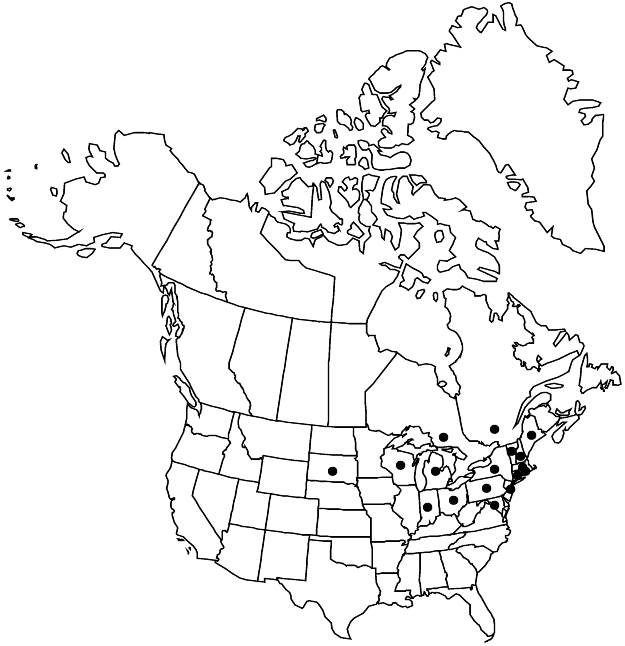Difference between revisions of "Gypsophila muralis"
Sp. Pl. 1: 408. 1753.
FNA>Volume Importer |
FNA>Volume Importer |
||
| Line 53: | Line 53: | ||
|publication year=1753 | |publication year=1753 | ||
|special status= | |special status= | ||
| − | |source xml=https://jpend@bitbucket.org/aafc-mbb/fna-data-curation.git/src/ | + | |source xml=https://jpend@bitbucket.org/aafc-mbb/fna-data-curation.git/src/f6b125a955440c0872999024f038d74684f65921/coarse_grained_fna_xml/V5/V5_315.xml |
|subfamily=Caryophyllaceae subfam. Caryophylloideae | |subfamily=Caryophyllaceae subfam. Caryophylloideae | ||
|genus=Gypsophila | |genus=Gypsophila | ||
Revision as of 20:08, 24 September 2019
Plants annual. Stems erect, diffusely much-branched throughout, 0.4–3(–4) dm, proximally puberulent, distally glabrous, or occasionally glabrous throughout. Leaves cauline, bases not clasping; blade linear, (0.2–)0.3–3.2 cm × 0.2–2(–3) mm, not glaucous, apex acute to acuminate. Pedicels 2–20 mm, glabrous. Flowers: calyx 2–4 mm, lobes glabrous, apex rounded to obtuse; petals pink or rarely white, 3.5–6(–10) mm. Capsules ellipsoid-ovoid. Seed coats minutely tuberculate. 2n = 30, 34 (both Europe).
Phenology: Flowering summer–fall.
Habitat: Roadsides, yards, cemeteries, other open, sandy or rocky, disturbed sites
Elevation: 0-1000 m
Distribution

Ont., Que., Conn., D.C., Ind., Maine, Mass., Mich., N.H., N.J., N.Y., Ohio, Pa., R.I., S.Dak., Vt., Wis., Europe.
Discussion
Gypsophila muralis is well established in noncalcareous soils in the eastern part of its North American range. Populations in the Great Lakes region and westward are less likely to be long-persistent, e.g., Minnesota, where collections are known from 1910–1911. Its recent spread in Eau Claire, Wisconsin, has been associated with sites flooded in winter for skating rinks and with sites where snow and ice have been piled in winter (J. R. Rohrer 1998). This species has been confused with Petrorhagia saxifraga (Linnaeus) Link, but can readily be distinguished by its annual habit, lack of epicalyces, and snail-shell-shaped rather than pear-shaped seeds (R. K. Rabeler 1981). Spergularia rubra (Linnaeus) J. Presl & C. Presl is also similar in aspect; it differs in having distinct, narrowly triangular stipules and distinct sepals.
In recent years, cultivars of Gypsophila muralis have been selected for density of branching, flower size, supernumerary petals, and depth of and other variations in petal color.
Selected References
None.